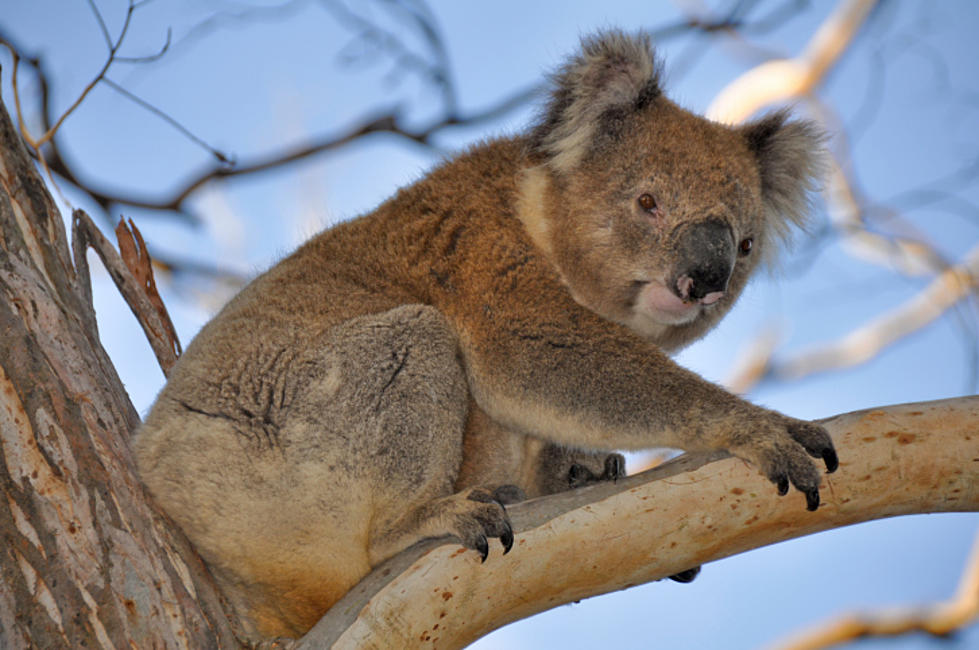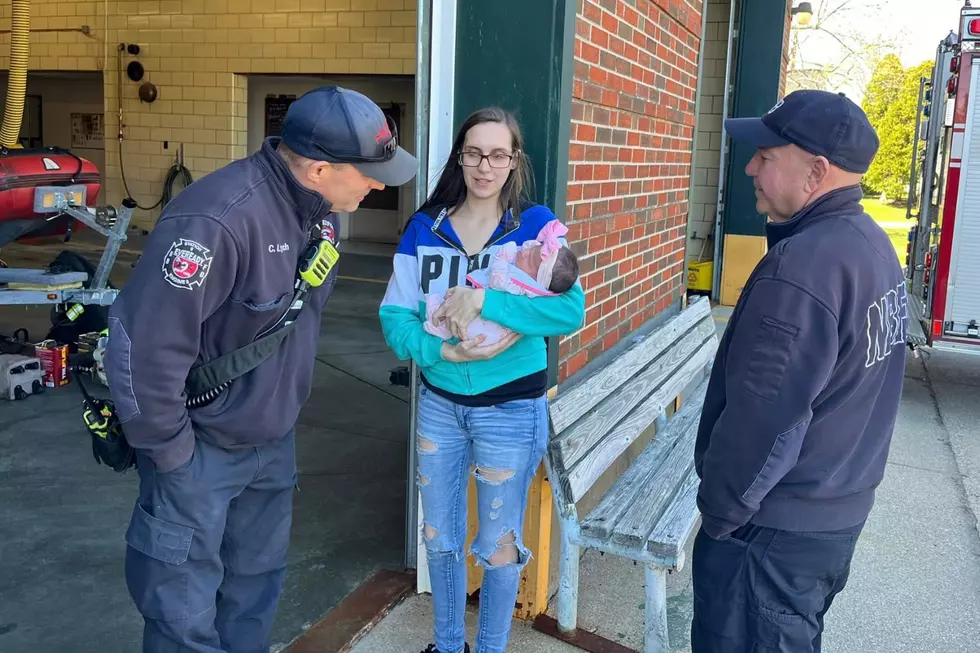
Buttonwood Park Zoo Seeks Donations for Australian Wildlife Rescue Effort
Devastating bushfires in Australia have killed dozens of people, destroyed thousands of homes, and scorched more than 15 million acres. The fires have also had a staggering impact on wildlife and biodiversity.
The island is home to many thousands of species that are not found anywhere else in the world. According to the New York Times, some 25,000 koalas are feared dead, and 10,000 starving and thirsty camels will be culled by the government. By some estimates, a billion animals have perished.
Many others animals are left injured and in need of rescue and rehabilitation. Now people in the SouthCoast region who want to help may do through the Buttonwood Park Zoo's Coins for Conservation program.
The fund is currently accepting donations for the Australia Zoo & Aquarium Wildlife Conservation Fund. Donations will directly support the emerging rescue and rehabilitation needs of wildlife affected by the fires, the zoo has announced.
“Although the Zoo has very few Australian species in its population, our dedication to the conservation of wildlife and wild places around the world has led us to take this action to help support our colleagues heroic work in that country,” said Zoo Director Keith Lovett. “We encourage our guests to not only make donations to these efforts, but to consider what they can do in their everyday lives to help protect natural environments.”
The zoo’s Coins for Conservation program has helped fund projects to conserve elephants in Vietnam, endangered primates in South America, jaguars in Belize, endangered waterbirds in remote sections of Asia, and to rehabilitate injured or orphaned species right here in Massachusetts.
Visitors to the zoo may donate to the Australian wildlife rescue and rehabilitation efforts at the admissions desk or through the Zoo’s Coins for Conservation webpage. The program has raised over $72,000 since 2015 and makes a direct impact on wildlife, according to the New Bedford zoo.
The zoo is located at 425 Hawthorn Street in New Bedford and is open from 9 a.m. until 4 p.m. daily throughout the winter.
More From WBSM-AM/AM 1420









